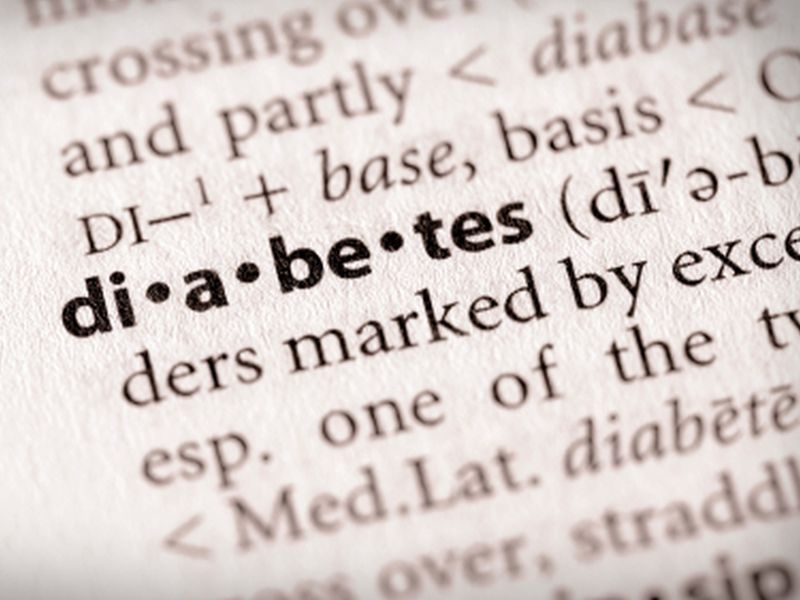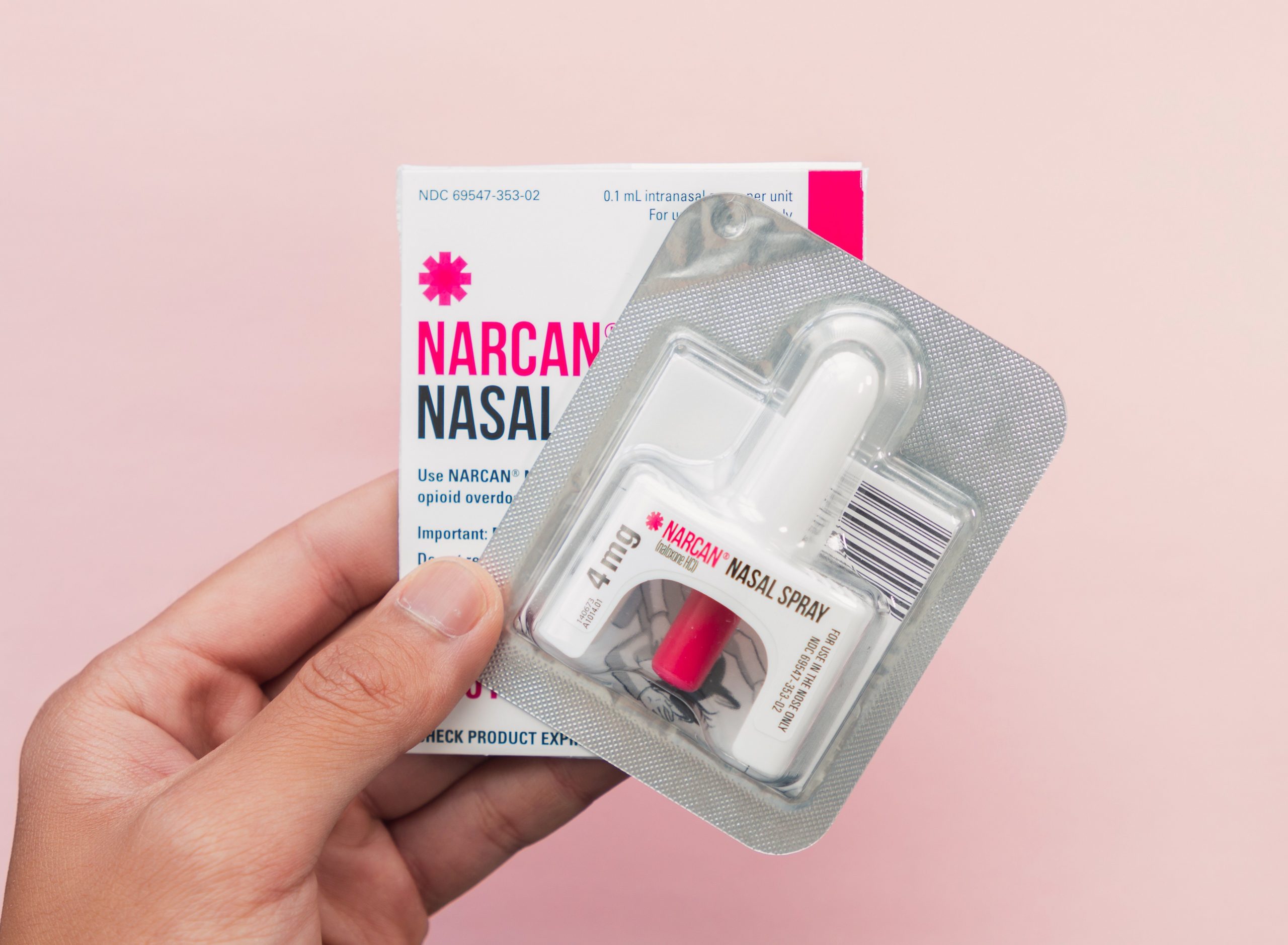
A COVID infection appears to drive up diabetes risk, new research warns. The good news? Being vaccinated before becoming infected appeared to eliminate any increase in post-infection risk. The finding follows a deep dive into the medical records of roughly 23,700 patients. At an average age of 47, all were treated for COVID infection at… read on > read on >






























